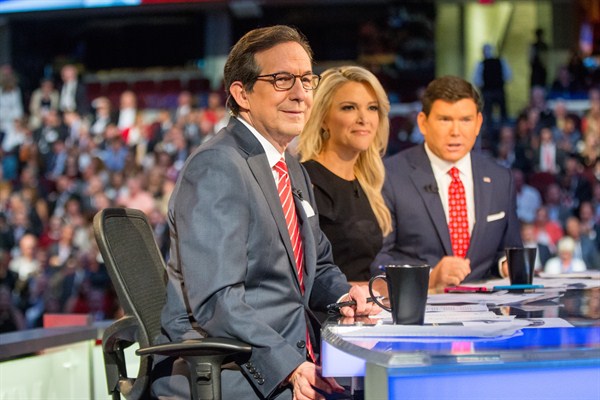A glance at the most popular sources of political news today—whether websites, television, radio or, for the old-fashioned consumers, print—provides a stark reminder that in the United States, politics and celebrity have merged. For superstar pundits, television and radio “infotainers,” and would-be office-holders, celebrity status equals political influence. This affects all aspects of American politics but is particularly powerful in the realm of security policy, where the public has little direct expertise and so must lean heavily on opinion-shapers.
It wasn’t always this way. Once the public tended to defer to national security authorities who had earned their influence through experience and expertise as elected officials, military leaders, political appointees, academics, members of the media or think tank analysts. These security experts weren’t necessarily nonpartisan, but they had worked hard to put themselves in the position to shape opinions, set the national agenda and develop the supporting political narratives. This led them to believe that they should exercise their hard-won influence responsibly lest they lose it. Being wrong on big issues had long-term costs.
Then things changed. For decades now, deference to authority has eroded across the political landscape. The profusion of information and communication technology gave voice, and self-confidence, to people who previously would defer to authority. Armed with a bit of information, they opined on an ever-expanding array of issues. Hard-earned expertise was unnecessary when there were hours of radio and television air time or online discussion boards to fill.

